Year 1 PhD student ESA rehearsal & social
With the help of funding from the Graduate School, we put on a seminar and social event for first year PhD students based at the St Mary’s campus. Given that most first year PhD students have their early stage assessments due in June and July, we wanted to create an event where we could share our research and improve our presentation skills in a relaxed and friendly environment. Additionally, we hoped that the event would help us get to know each other and to develop a supportive network of peers throughout our PhDs.
The first part of the event started in the afternoon and consisted of a seminar hosted by Professor Wendy Barclay. All first year students and their supervisors were invited to attend, resulting in a small and friendly group of roughly 20 people. Each student gave a 10-minute talk followed by 5 minutes of questions. Topics ranging from Bioinformatics, diagnostic tools, mechanisms of viral infection and vaccines were covered, stimulating some interesting questions and discussions. Understandably, we were all nervous, however the talks were all fantastic and we found it a very positive experience. It helped everyone to gain confidence in their presenting abilities, which will undoubtedly help our ESAs.
The afternoon seminar was followed by a social event in the evening to which all staff and postgraduates at the campus were invited. The Graduate School funding helped to buy plenty of pizza from Dominos and a selection of drinks and nibbles, which went down well with everyone attending. Everybody mixed, met new people, and chatted around food and drinks; it was an excellent opportunity to meet other people who work within the building, which doesn’t happen often at St Mary’s.
Overall, the event was a big success. As first year PhD students, this was the first time we had all come together and properly talked to the people we had previously just occasionally passed by around the building. The presentations were a great opportunity to share our achievements so far and get a feel for our upcoming ESAs. It is also reassuring to know that we now have a base upon which to build friendships and the supportive relationships that will help us through the PhD experience together. Once the nerves of the presentations were over, it was great to relax and chat over pizza and beer. We are also glad that we extended the social event to all people at St Mary’s: the network of high-security corridors make it difficult to mix on a daily basis, and events like this are a great way to build collaborative relationships between the different sections and groups here.
Thanks to the Graduate School for providing the funding to make such an event possible.
Also, thanks to Wendy Barclay for coming up with the idea for the event and Magda Homa for helping with the organisation.



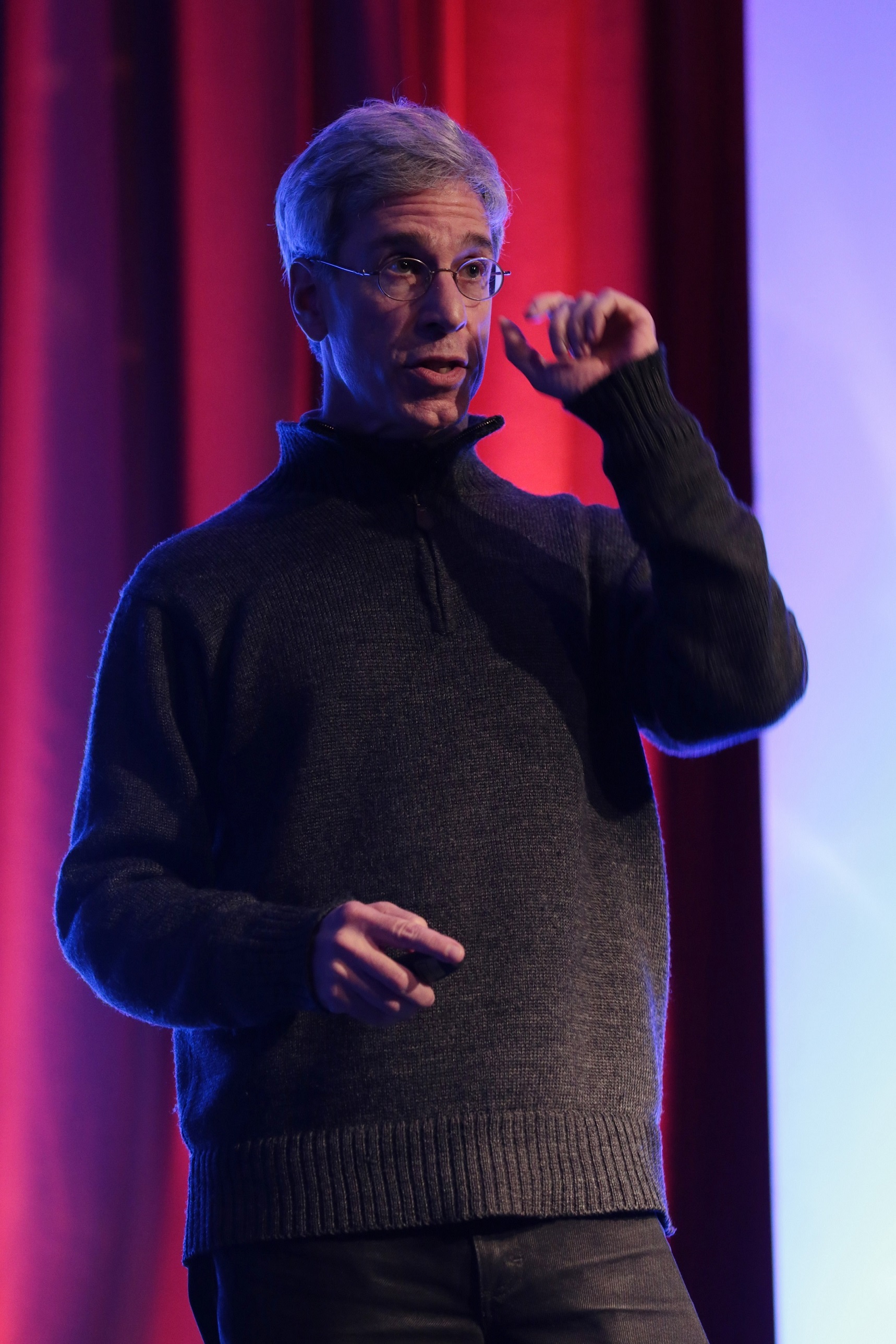
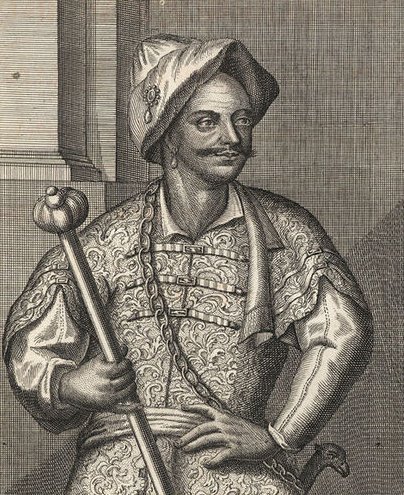
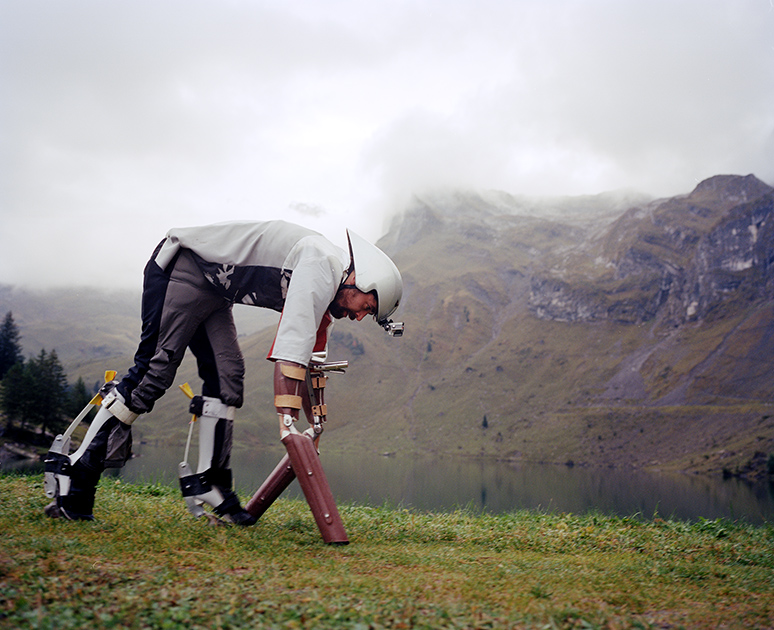
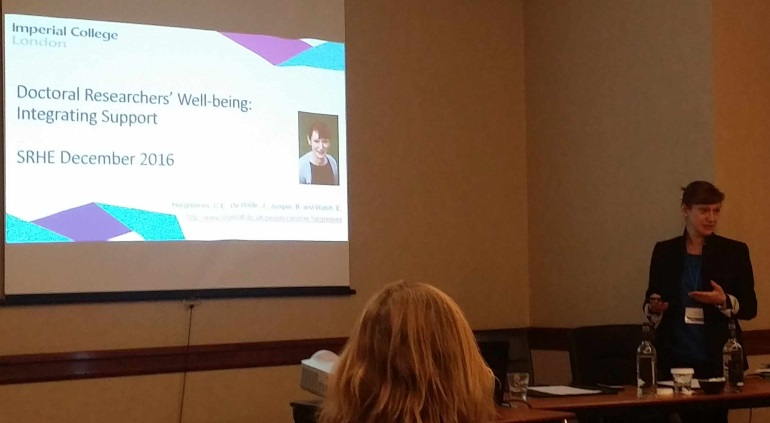
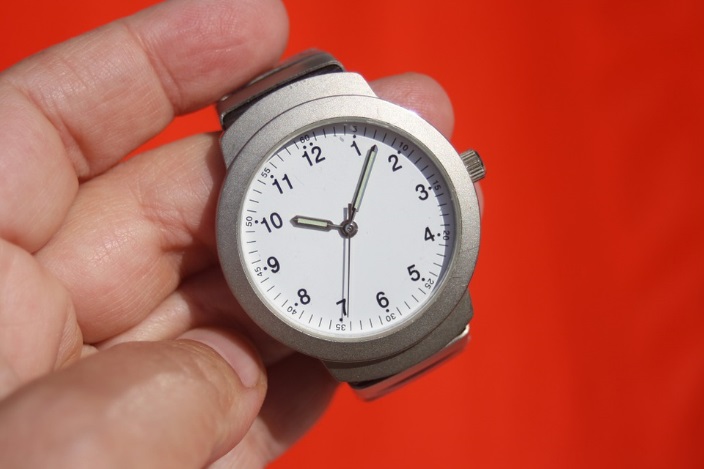
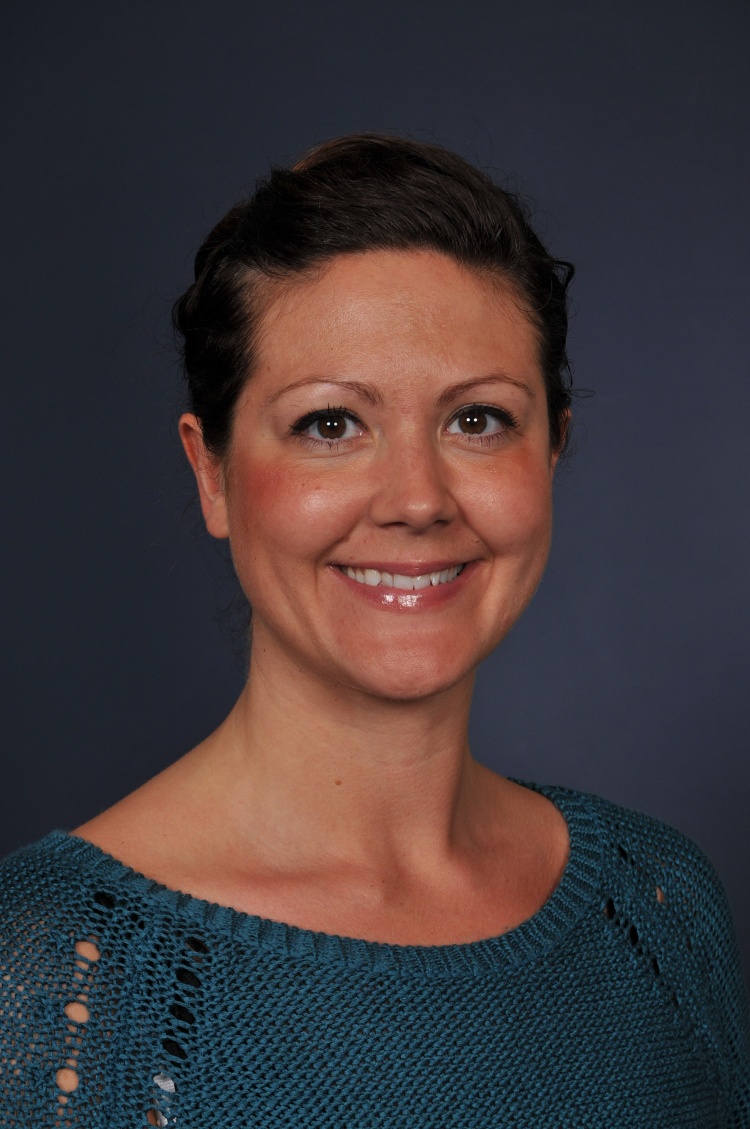
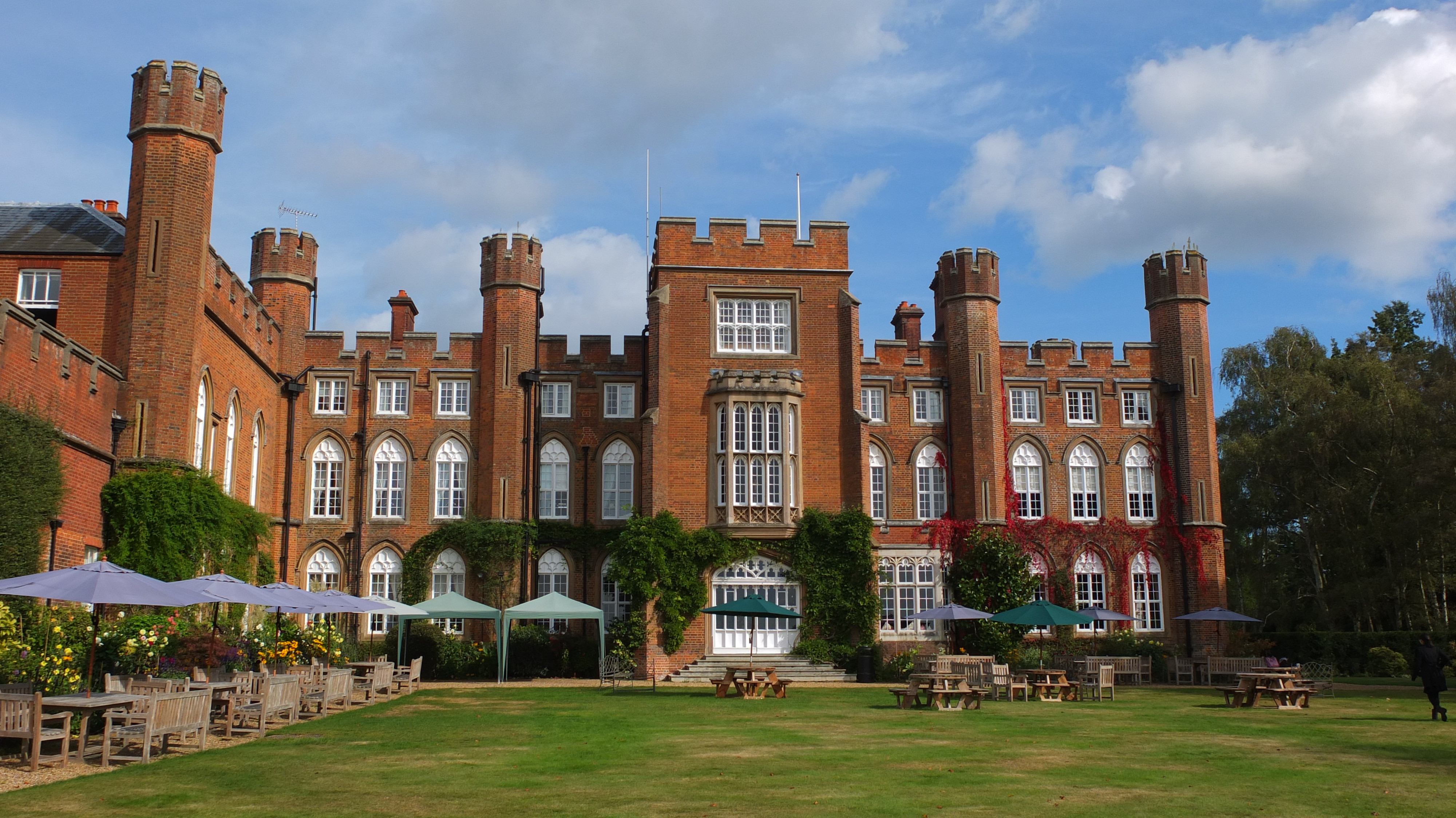
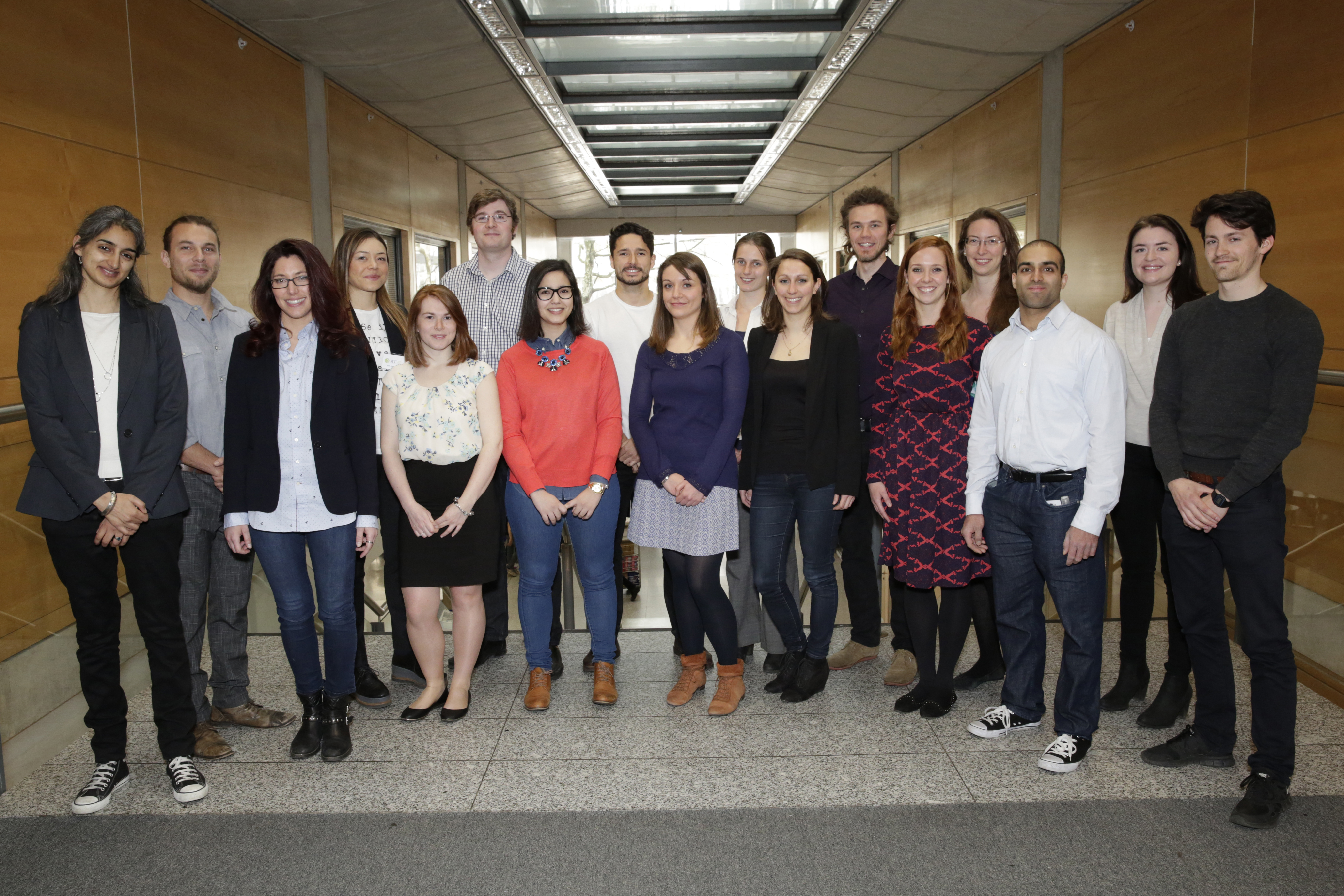 We offer two types of provision under this programme; firstly we can tailor our courses so that they are more specialised for subject areas and secondly, we have funds available to support students who wish to undertake cohort building activities. To give you some examples, we have previously funded student-led symposia, journal clubs, sporting networking activities, and even funded a trip to the Eden Project for a group of students. I would encourage you to have a look at our cohort building website for ideas and submit an application!
We offer two types of provision under this programme; firstly we can tailor our courses so that they are more specialised for subject areas and secondly, we have funds available to support students who wish to undertake cohort building activities. To give you some examples, we have previously funded student-led symposia, journal clubs, sporting networking activities, and even funded a trip to the Eden Project for a group of students. I would encourage you to have a look at our cohort building website for ideas and submit an application!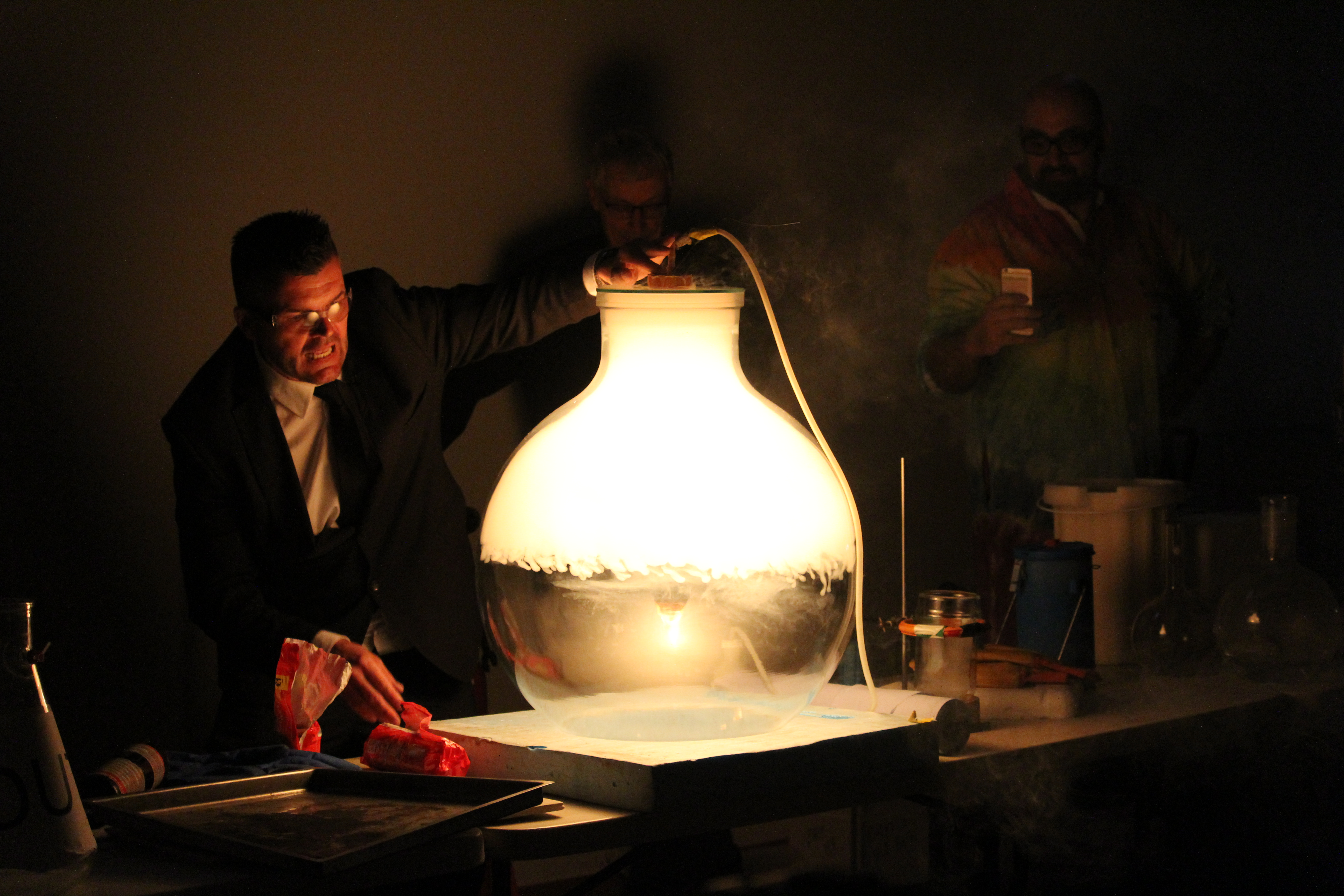 As well as continuing to host the IgNobels, 3 Minute Thesis and Live Chemistry Show we will also be launching a brand new summer research showcase in July which celebrates the amazing research that postgraduates students carry out and to celebrate your achievements – look out for more information about this in our regular e-newsletters!
As well as continuing to host the IgNobels, 3 Minute Thesis and Live Chemistry Show we will also be launching a brand new summer research showcase in July which celebrates the amazing research that postgraduates students carry out and to celebrate your achievements – look out for more information about this in our regular e-newsletters!